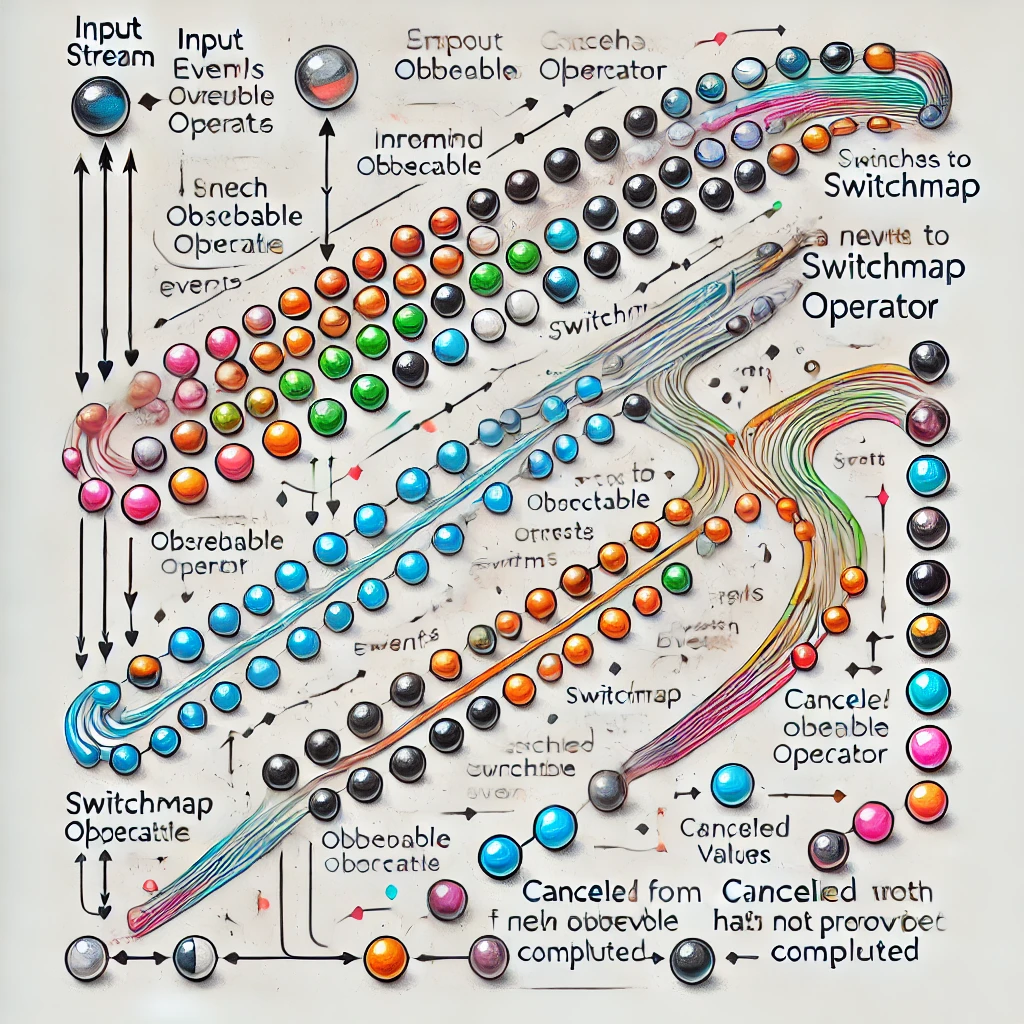Jetpack Compose: A Comprehensive Guide for Modern Android Development
Jetpack Compose is a game-changer in the world of Android development, offering a modern, declarative approach to building user interfaces. Gone are the days of managing clunky XML layouts—Compose allows you to define your UI directly in Kotlin code, making it more intuitive, concise, and adaptable.
With powerful tools for state management, built-in support for Material Design, and seamless integration with existing Android components, Jetpack Compose empowers developers to create beautiful, interactive, and responsive apps with ease. Whether you’re building a simple screen or a complex application, Compose streamlines the process, saving time and effort while enhancing code maintainability.
In this guide, we’ll explore the core concepts, from setting up your project to mastering composable functions, layouts, and animations. Ready to revolutionize your Android development? Let’s dive in!
Jetpack Compose: A Comprehensive Guide for Modern Android Development Read More »








